A fresh move by the National Assembly to advance Nigeria’s 2027 presidential and governorship elections to November 2026 has split opinion among opposition parties.
Proponents argue the change could strengthen the electoral system by allowing pre- and post-election litigations to be resolved well before the May 29, 2027, handover date. Critics, however, see it as a potential strategy to extend President Bola Tinubu’s tenure.
The proposal, part of broader amendments to the 2022 Electoral Act, stipulates that elections for president and governors must occur no later than 185 days before the expiration of the incumbent’s term. Legislative elections would follow the same 185-day rule. Counting backward from May 29, 2027, places the elections in November 2026, approximately six months earlier than usual.
At a joint public hearing, the House Committee on Electoral Matters, chaired by Adebayo Balogun, emphasized that the move would ensure all election disputes are settled before winners are sworn in. Balogun also outlined plans to shorten tribunal judgments from 180 to 90 days and to introduce early voting for security personnel, electoral staff, journalists, and accredited observers.
Other proposed amendments include mandatory electronic transmission of results and optional use of permanent voter cards. INEC has backed the changes, citing potential improvements in transparency and efficiency.
Yet opposition parties remain divided. PDP Deputy National Youth Leader Timothy Osadolor accused the National Assembly of seeking to “buy more time” for Tinubu, while NNPP’s Ladipo Johnson warned the early polls could disadvantage opposition parties.
Some parties, like the Labour Party, welcomed the changes for cost savings and reducing electoral tension, while the African Democratic Congress and Obidient Movement Worldwide called for broader consultations and careful review of the draft amendments.
The debate over the November 2026 elections underscores growing tensions over Nigeria’s electoral calendar and the balance between efficiency and political advantage.


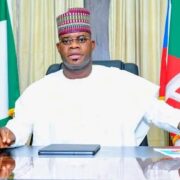

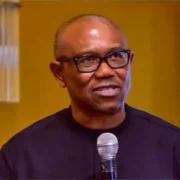
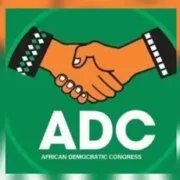
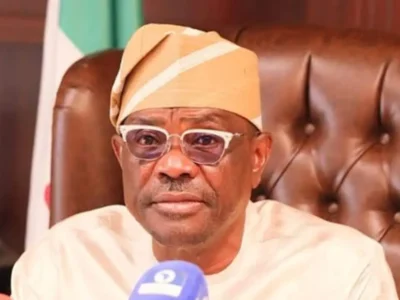
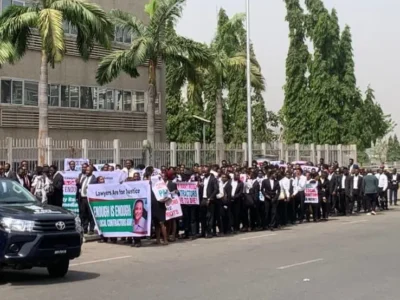
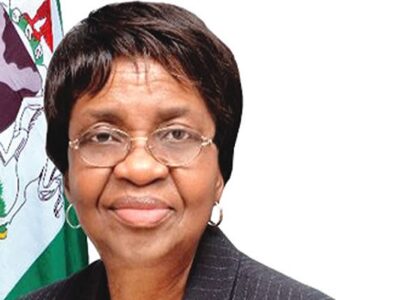
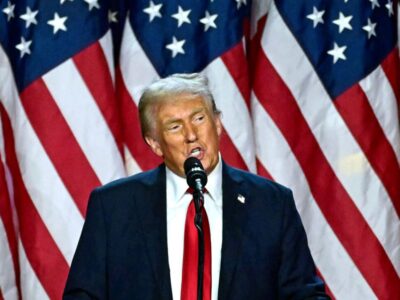









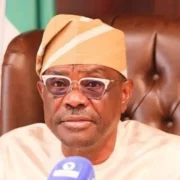
Comments